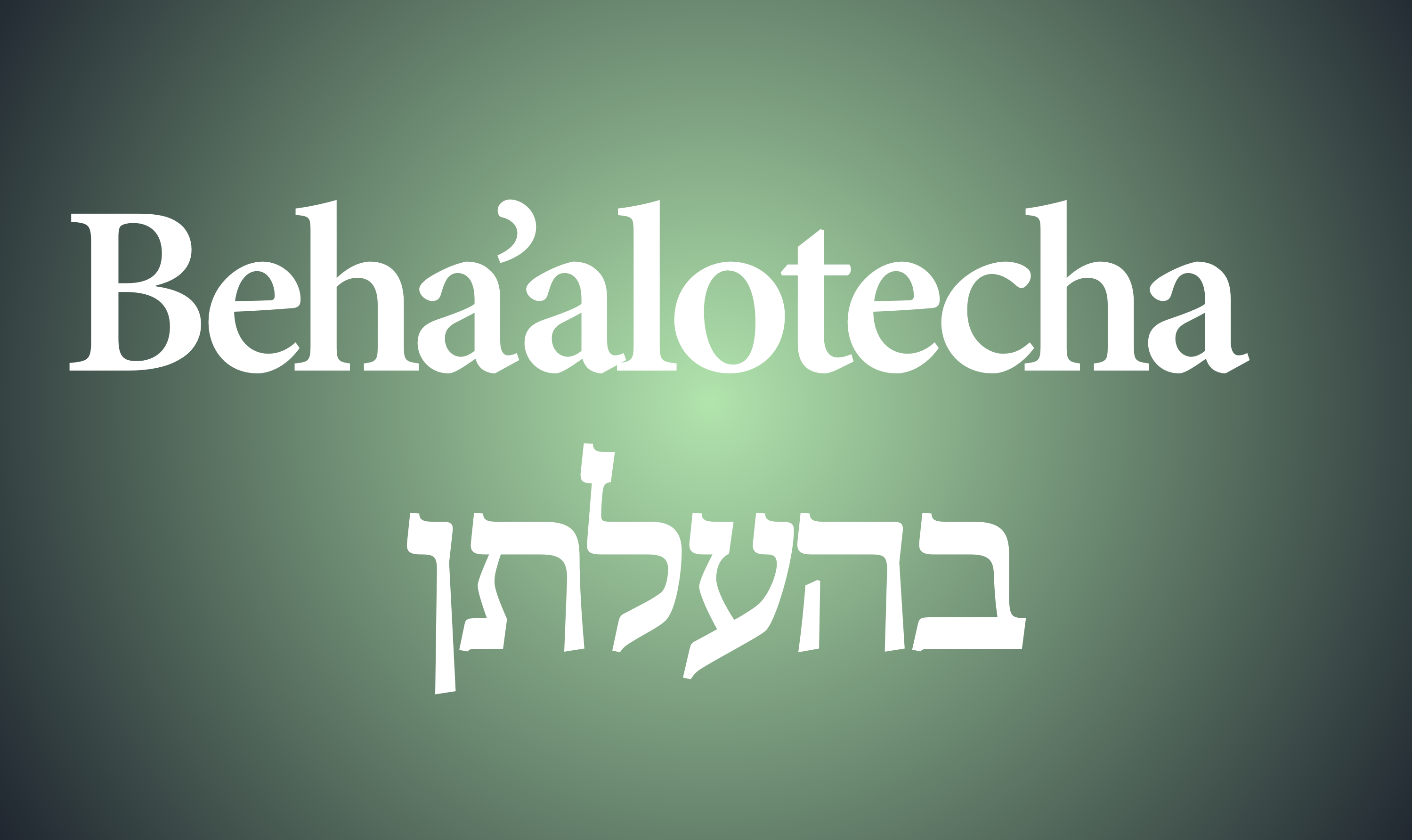
One verse, five voices. Edited by Salvador Litvak, Accidental Talmudist
And whenever the cloud lifted from the Tent, the Israelites would set out accordingly; and at the spot where the cloud settled, there the Israelites would make camp.-Numbers 9:17
Nina Litvak
accidentaltalmudist.org
Every time the Children of Israel stopped and made camp in the desert, it was a massive undertaking. Thousands of Levites built the Sanctuary by assembling an array of planks, walls, pillars, carpets and furniture. In every location, they worked hard to create a holy meeting place for God — even if the Divine cloud only settled there for one day before it was time to move on. They had to be ready to pack up at a moment’s notice.
The Lubavitcher Rebbe taught that like the places in which the Israelites made camp in the desert, every one of our stations in life is significant. No place is simply “on the way” to someplace else. We have the ability to create something holy wherever we go, and at every stage of life. Driving on the freeway to an important event, training for the job we want, shopping for groceries to cook dinner — what if we can sanctify these moments, the journey as well as the destination?
Creating beauty in a desert can be difficult, but the practice of looking for beauty everywhere we go builds a place to connect with God: a Tent of Meeting between heaven and earth. We sanctify life by treating its different stages and locations with attention and respect. It means putting away our phone and looking for sanctity in our surroundings, wherever they may be and however long we may be there. It means working to manifest the presence of the Holy One in our world.
Rabbi Aaron Lerner
Executive Director, UCLA Hillel
This verse violates the norm. Manifest instruction from the Divine via the physical world is rare. And the rabbis reject it entirely (see Tanur Shel Achnai, in which God’s manipulation of the natural world is disallowed). Rather, we’re taught that God can be found in a “still, small voice” that can be found through quiet focus. So why is God so involved in this instance? Two possibilities arise.
One reflects the Rambam’s belief that we are growing in our relationship with God over time. Former Egyptian slaves and ancient Israelites may have needed animal sacrifices and a “taskmaster” version of God to move Jewish history forward. We do not. We have achieved a mature partnership with God beyond what previous generations had.
We rely on science and doctors to heal us. We suffer the consequences of human inaction and neglect. Whether God remains involved in human history can no longer be proven with pillars of fire. That has become a matter of faith. But we can see the consequences of our individual and collective choices. This can feel defeating because God won’t fix it for us. But it’s also empowering.
We have been entrusted with the power to move ourselves. All of this informs how I pray. The weekday sections of the Amidah contain many requests of God. I say them as written but embrace personal responsibility: “God, please show me how I can make peace, heal others, earn a living, etc.”
Rabbi Chaim Meyer Tureff
Pressman Academy and director of STARS
What is the connection between settle and encampment? The Hebrew word shochain means to dwell or settle. It is only when we are truly settled that we can encamp. One name of God, Shekhinah, is thus directly connected to the word for settle in Hebrew. This sense of permanence can only happen when we are connected to the true source of life, God.
As our tradition teaches us, we are in a temporary setting in this world. When we connect to our higher power and allow God into our lives, then we can truly settle down because in reality there is no such thing as permanency without God. As recovering addicts know, allowing that settling of God into one’s life can help bring context, relevance and meaning where there was once darkness, confusion and hopelessness.
One does not need to be in recovery to apply the principles of 12 steps into their everyday life. The idea that there is a higher power who actually plays an important role in one’s life, steps 2 and 3, is relevant to every human being. When we allow the cloud of God to dwell or settle on us, we are finally allowed to encamp. It is only then that we understand we don’t have to go about it alone, but rather with a Partner that truly loves each and every one of us.
Rabbi Daniel Bouskila
Sephardic Educational Center, Westwood Village Synagogue
For most people, the sight of clouds in the morning marks the beginning of a dark and gloomy day. Cloudy days tend to adversely affect our moods, triggering negative thoughts and even a depressed state of mind. When the weather forecast says “cloudy,” it conjures up dark images in our minds. We even feel threatened by clouds, knowing that they potentially bring about frightening sounds, images and inclement weather. It’s therefore fascinating that throughout the Israelites’ 40-year sojourn in the wilderness, the guiding light that illuminated their travels and protected their encampment came in the form of a cloud.
The Midrash HaGadol refers to this cloud as the Shekhinah, which in its plain, non-kabbalistic definition means “the presence of God.” This cloud that led them through the day and protected their camp at night was a manifestation of God’s divine presence among the Israelites. Why would an otherwise invisible God choose to appear in the form of a cloud?
I believe that through the metaphor of a cloud that once represented guidance and protection, God is teaching a powerful lesson that extends far beyond those classic “40 years in the wilderness.” When we wake up in the morning to a cloudy day, rather than allow gloom, darkness and fear to overtake us, we should gaze upon the seemingly dark clouds and see God’s light and presence within them, offering to continue to guide, protect and illuminate our own journeys and encampments through the challenging wilderness of life.
Nili Isenberg
Pressman Academy, Judaic Studies Faculty
God described this period of the relationship with the people of Israel as one of youthful love: “I remember the lovingkindness of your youth, the love of the bride, when you followed me into the desert in a land that was not sown” (Jeremiah 2:2). What a beautiful image of loyalty and faith!
After our verse Bamidbar, the Book of Numbers, continues on to explain that whether the people of Israel remained encamped for days, months or even a year, they always took their cue to rest or move on from God.
How can our disillusioned generation ever understand this spirit of devotion?
In my own life, I look to my grandparents (z”l) and their Greatest Generation. As a young man, with great loyalty to the freedom the United States promised, my grandfather enlisted in the U.S. Navy and risked his life in the Pacific theater to save the world from fascism. Years after the war, my grandparents continued to live their lives in service of yet another ideal: In their 60s, they realized their long-time dream of making aliyah to the miraculous State of Israel. For the next 30 years, my grandparents were known as the adorably loving, joyous and outspoken elderly couple who professed their Zionism at every opportunity.
To bring that kind of meaning and joy to our lives, we each must find a value to which we can say wholeheartedly, like the Israelites in the desert and like the biblical Ruth, “Where you go, I will go” (Ruth 1:16).









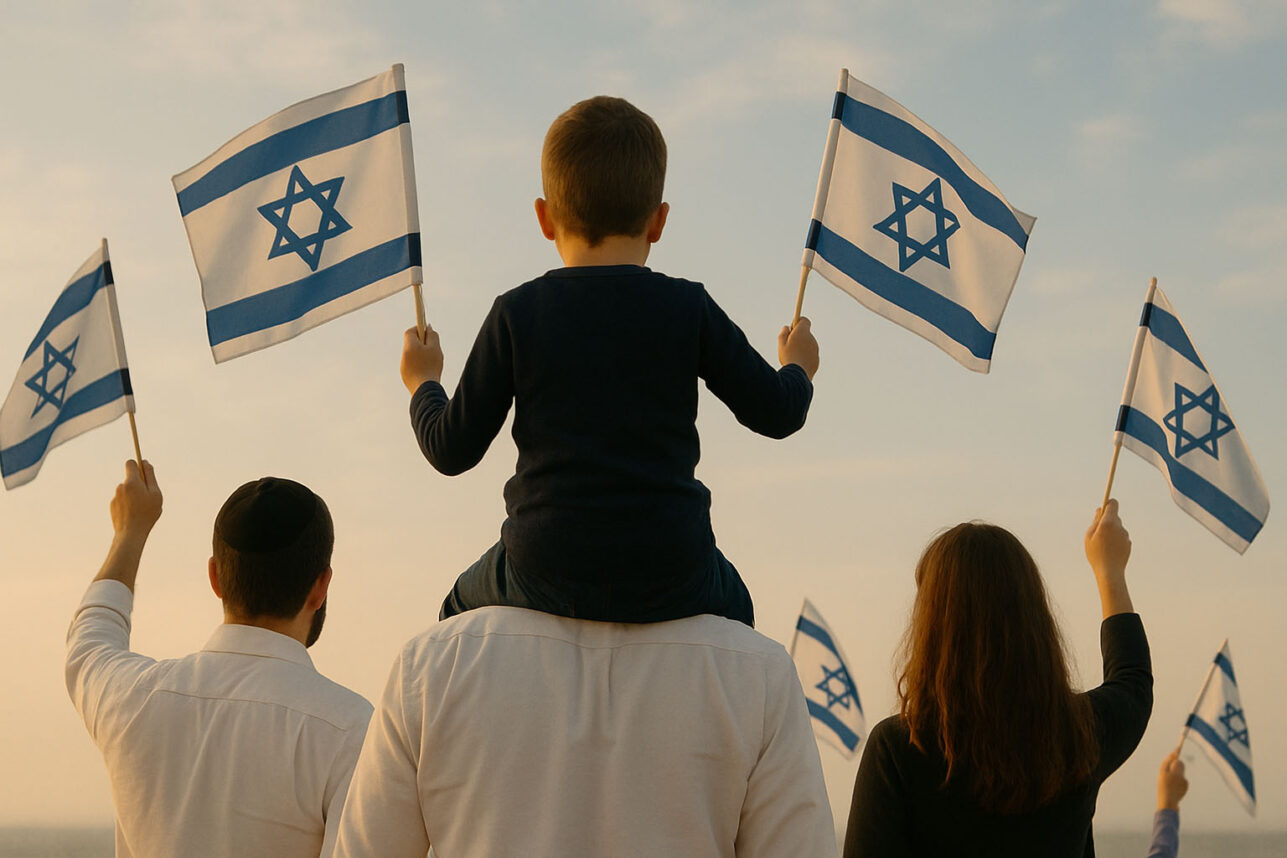
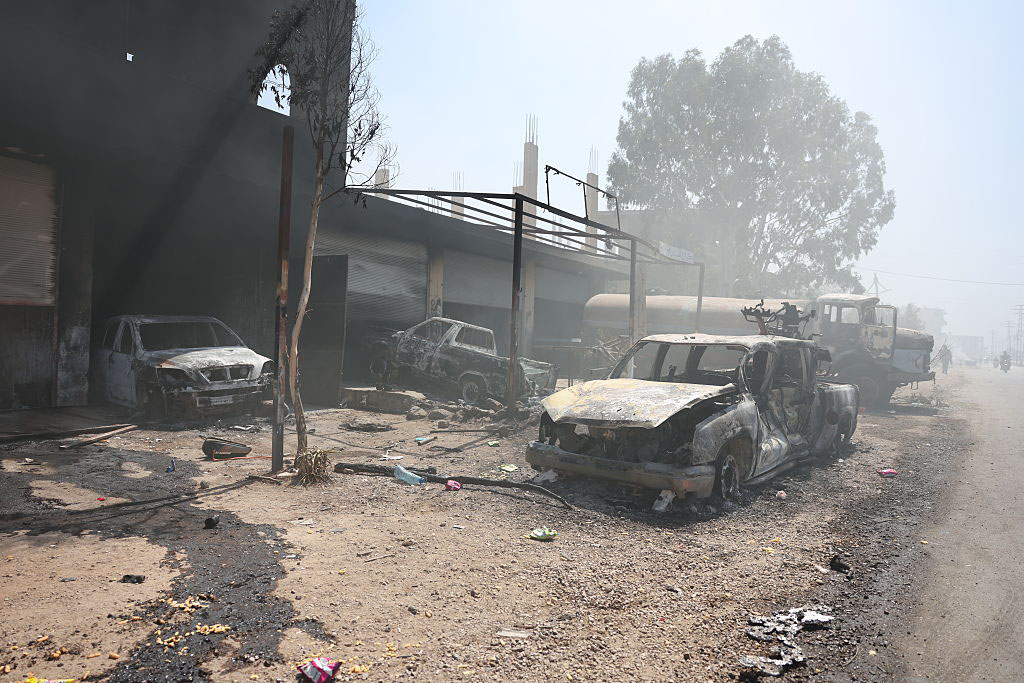



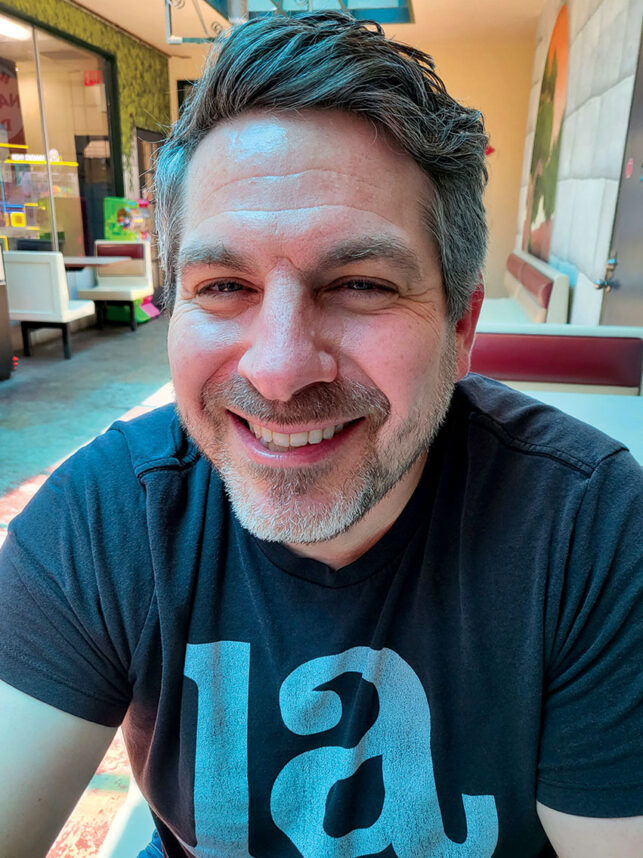



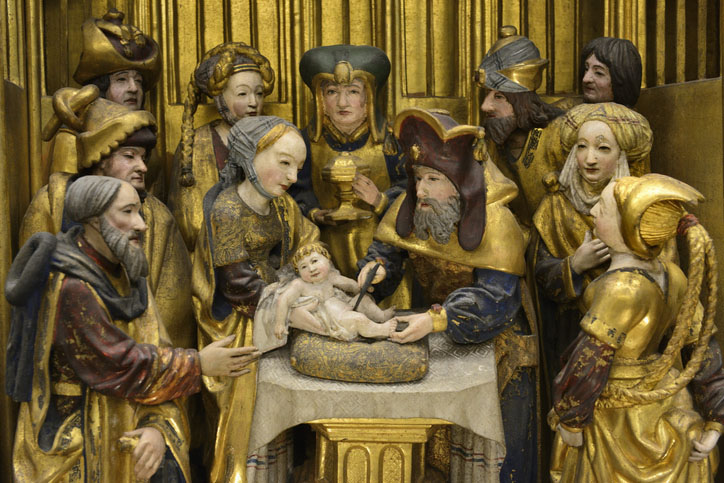
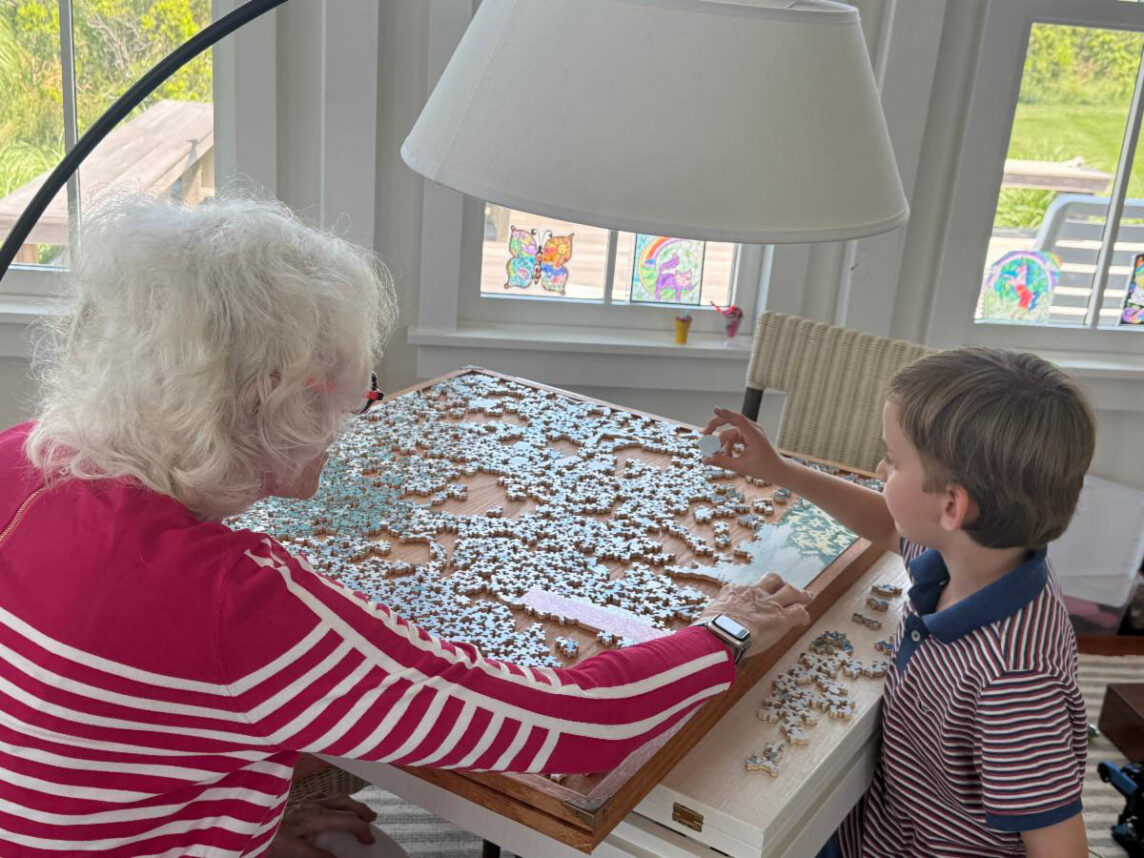


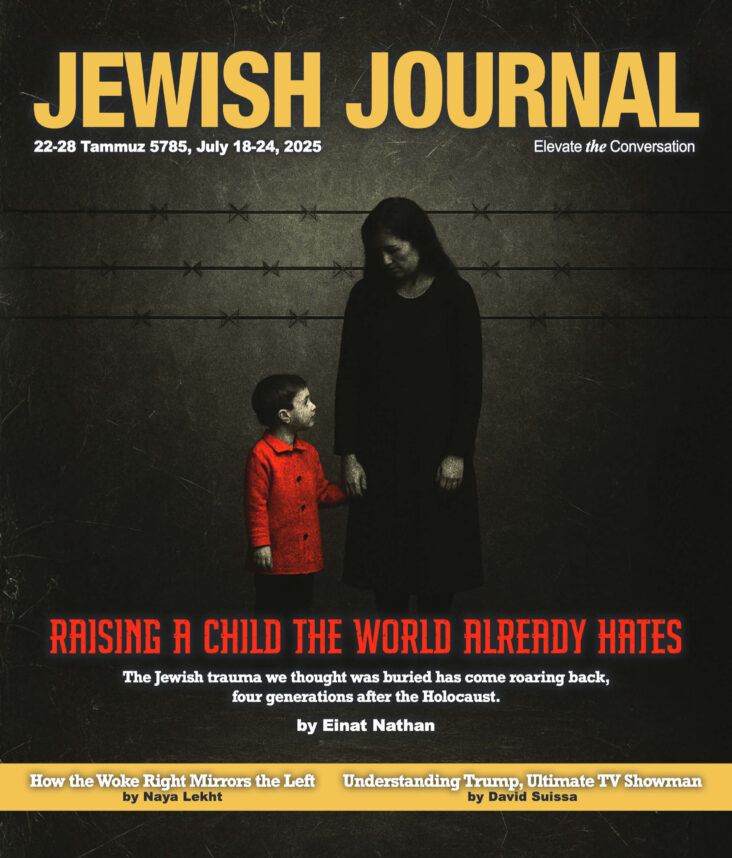



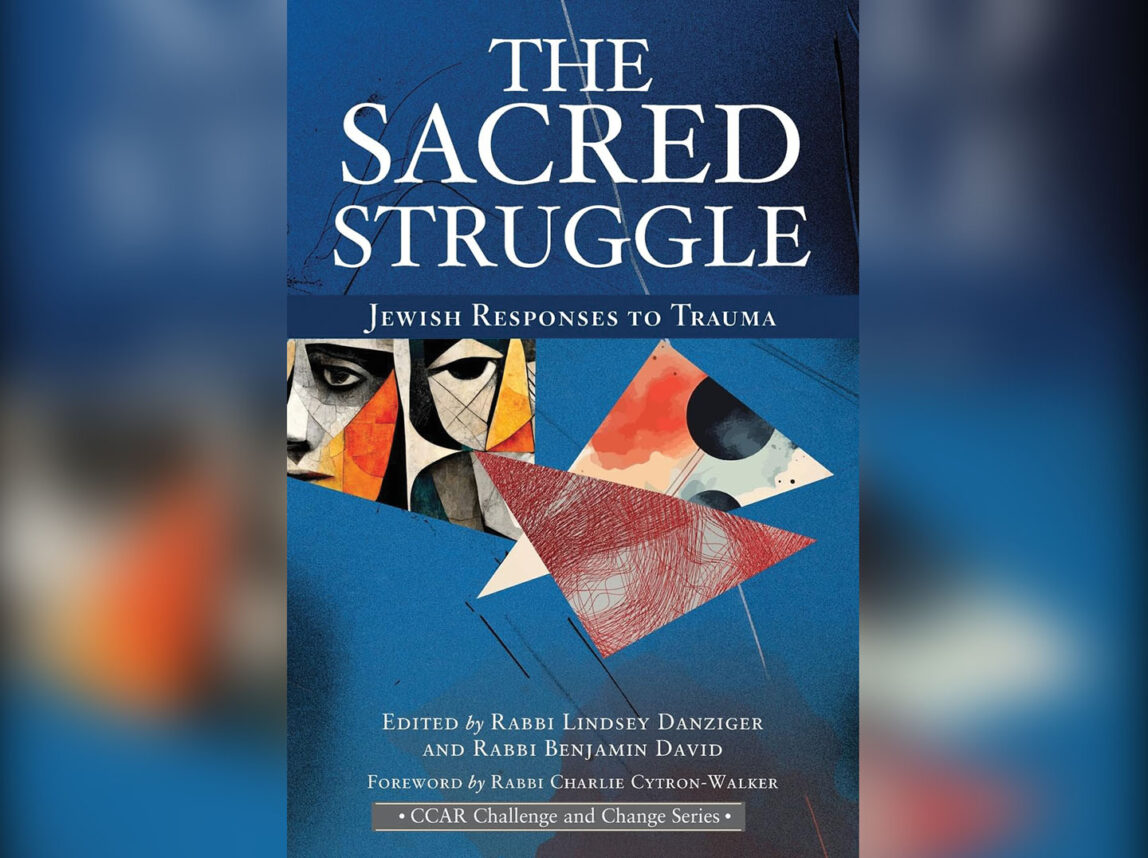

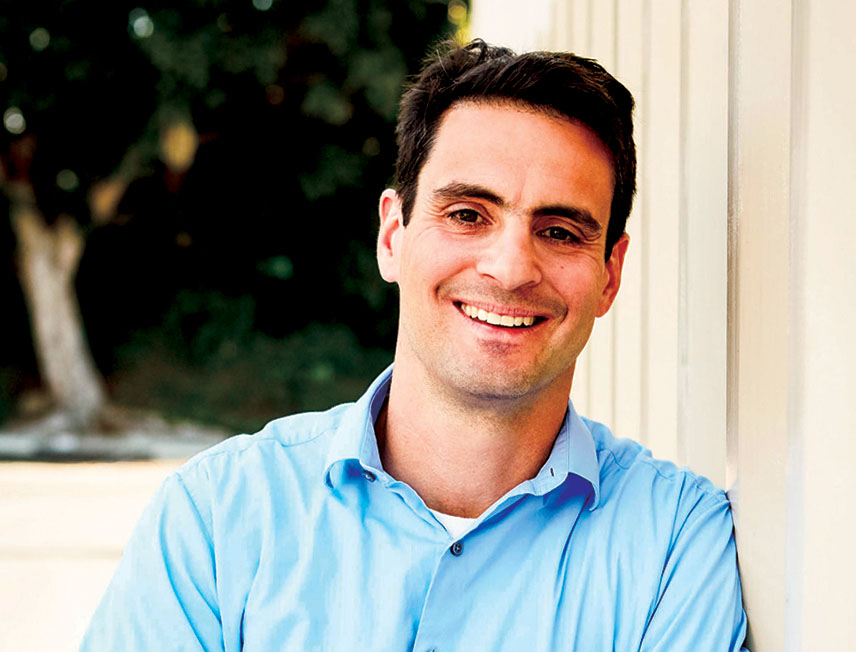
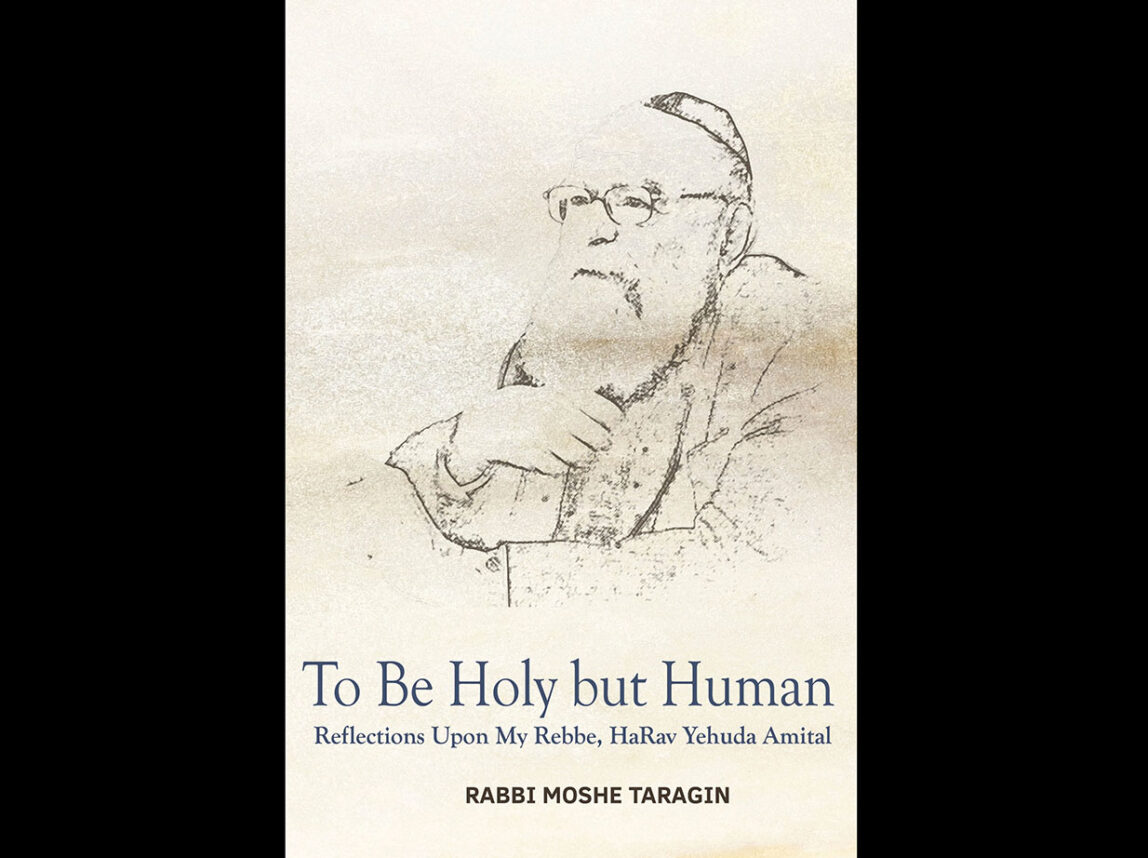
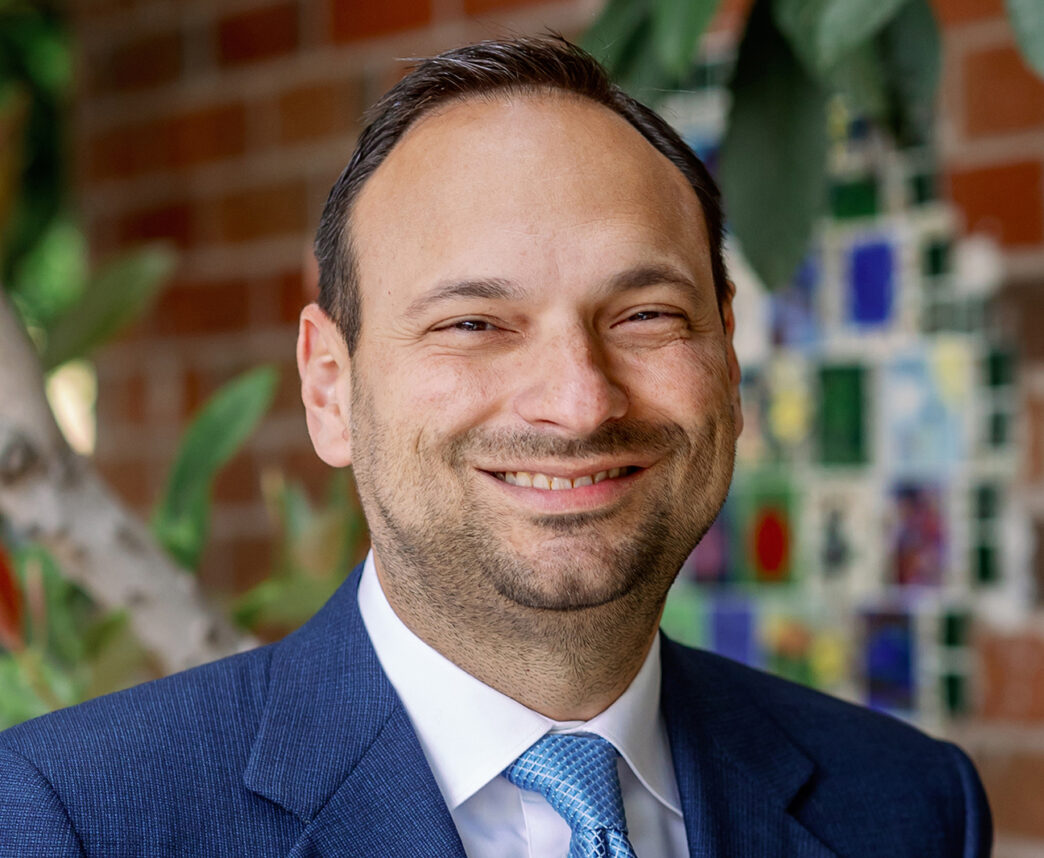



 More news and opinions than at a Shabbat dinner, right in your inbox.
More news and opinions than at a Shabbat dinner, right in your inbox.